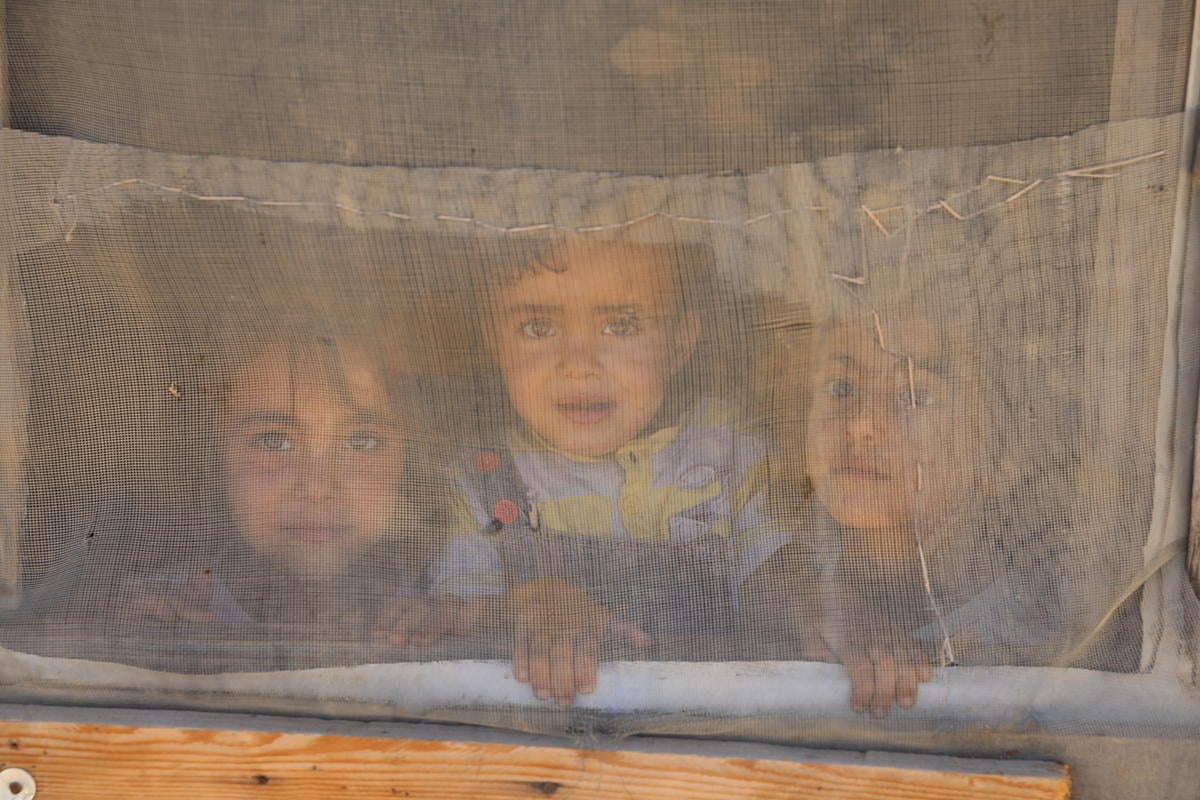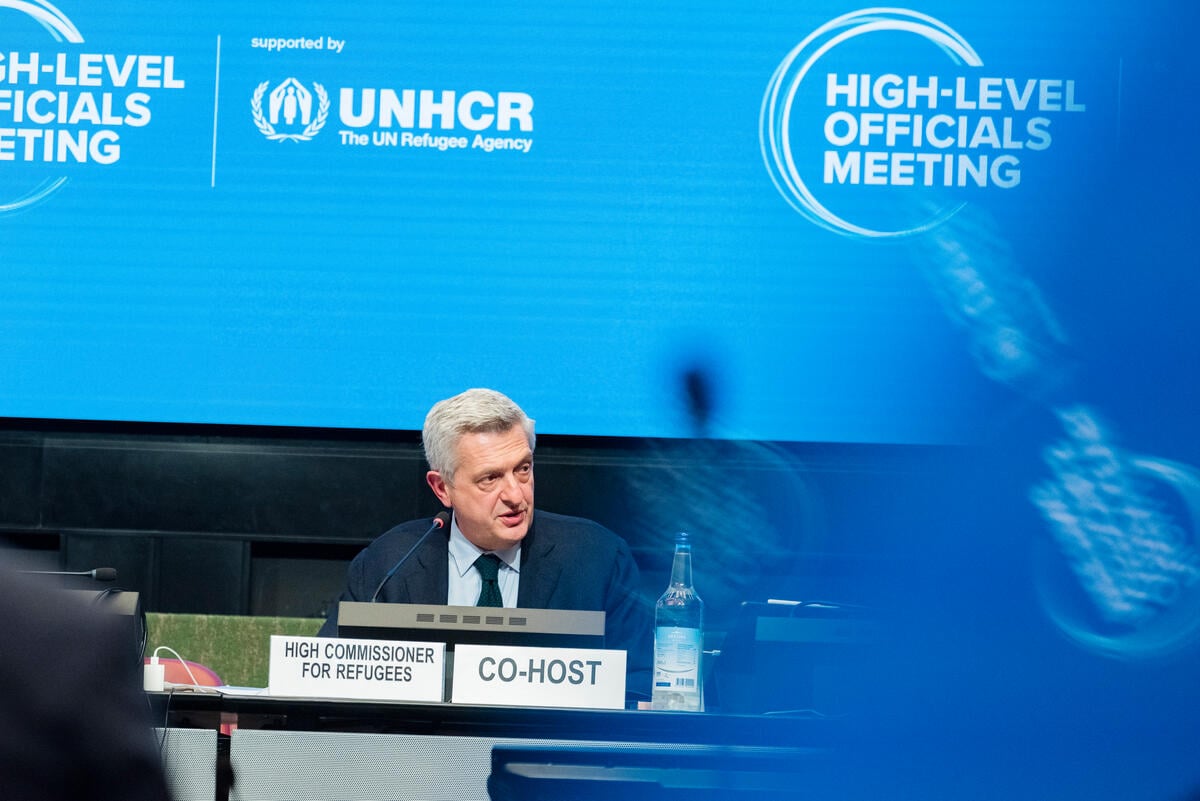Palestinian refugee family's escape from Syria via tropical island to new life in Sweden
Palestinian refugee family's escape from Syria via tropical island to new life in Sweden

NEW DELHI, India, August 30 (UNHCR) - "The Sunny Side of Life", beam the tourism ads for the Maldives, a tropical island in the Indian Ocean. That tagline has come true for one Palestinian refugee family, who found hope for their future on these islands after 10 months of life on the run.
Last October, Ubaid*, 49, fled Syria with his wife and two little daughters. "I thought the revolution would end and we would get victory. But there was no change, the killings increased and everything became expensive. There was no life for my children, they were living in fear," he said of the civil conflict that has driven nearly 2 million people out of the country - 1 million of them children.
The family fled first to Egypt, then to Libya, before arriving in Dubai, where Ubaid's brother lived. They later tried to fly to Europe to join relatives there. But due to irregular documentation, they were stopped from boarding the flight. Barred from re-entering Dubai and faced with the threat of deportation to Syria, on 10 July they instead chose to go to the Maldives, where the tourist-friendly authorities allow visas on arrival. But yet again their travel documents posed problems, and the Maldivian authorities detained them at the airport in the capital, Male.
The fact the Maldives, the smallest Asian country in population and area, could receive a Palestinian refugee family from Syria was itself unprecedented. This was complicated by the Maldives not being a signatory to the 1951 UN Convention on the Status of Refugees and its 1967 Protocol and lacking experience in dealing with asylum-seekers and refugees.
"Once we heard about this family, we contacted the Maldivian authorities and dispatched a mission to Male to meet the family with the help of UN colleagues based there," recounted Dominik Bartsch, UNHCR's Chief of Mission in India, whose office also covers the Maldives without a permanent presence there.
The government of the Maldives granted UNHCR unimpeded access to the family and after three days of rigorous interviews, UNHCR New Delhi recognized the family as refugees and submitted their case to the Swedish government for possible resettlement in Sweden.
As they awaited a decision, Ubaid and his family were housed close to the airport. The girls were given toys to play with and could watch cartoons on a TV in the lobby. However, they could not leave the building, and greatly missed the fresh air and freedom of movement. It was hard for the parents to keep the girls in the confines of the room as the days went by. Once UNHCR's mission had returned to New Delhi, the UN Resident Coordinator on the Maldives and his Human Rights Advisor continued to provide regular support and comfort to the family.
"I have tried to go to other countries, but it has been impossible," said Ubaid. "Since we are Palestinians, no one accepts us. I can't go back to Egypt or Syria as both are in turmoil. Libya is equally dangerous. I faced harassment every day and once even got close to getting killed."
Sharing his hopes for the future, he added, "I want my daughters to be educated. I want special care for my daughter as she is suffering from Down's syndrome, and all my family live abroad."
Their hopes were answered when Sweden accepted them for resettlement. The family left Male last Monday evening and arrived in Stockholm the following day.
"I'm sure the girls will now have plenty of sunshine and fresh air to play in, thanks to the wonderful support from the Maldives, Sweden, and UN colleagues in the Maldives," said a delighted Bartsch.
Sweden and Germany have received the majority of asylum claims from Syria for the entire European Union. UNHCR has urged more countries to help Syria's neighbours shoulder the burden and offer asylum or resettlement.
* Name changed for protection reasons
By Abid Mohi ud din Shah, in New Delhi,India








